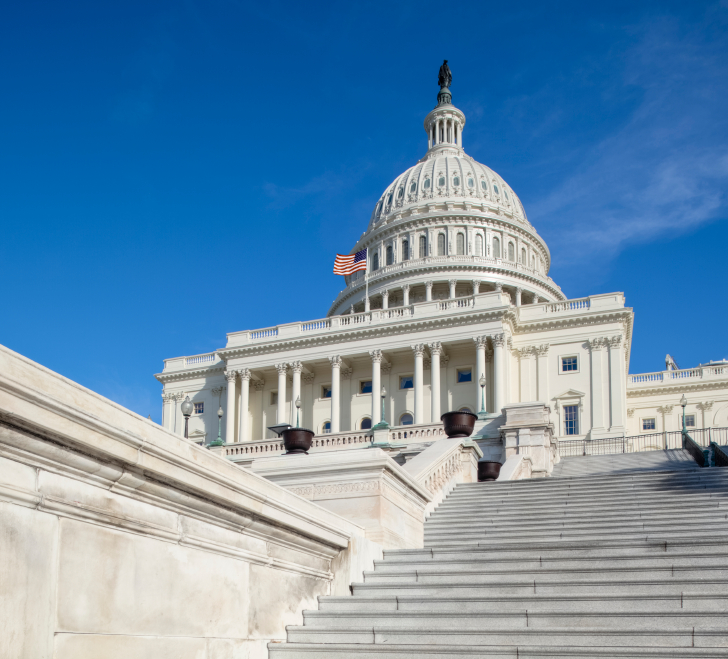Abortion rights, women of color, and LGBTQIA+ people are under attack. Pledge to join us in fighting for gender justice.
Anti-ACA Votes Make Senate Priorities Clear

From the moment the new Congress started, opponents of the Affordable Care Act (ACA) also known as “Obamacare,” have doggedly pursued repealing the health care law. Repeal is a path that leads to disaster—2.6 million jobs and 30 million people’s health care are at risk. But they don’t want you to think about that. Instead, opponents of the law have offered hollow promises that nobody will lose their insurance and important consumer protections will stay in place. Wednesday night, when the Senate took the next big step towards repealing the law, proponents of the ACA called their bluff by offering amendments to keep certain parts of the law intact even if the rest of the law is repealed. Each and every one of the amendments was voted down, leaving many important and popular provisions on the chopping block.
- Thanks to the ACA, young people can stay on their parents’ health insurance until they are 26. This provision has benefitted 3.1 million people across the country. But an amendment that would safeguard that part of the law was shot down.

- Before the ACA, not only could you be denied health insurance because of a pre-existing condition, meaning you are sick or had been sick in the past, but some insurance companies also considered receiving treatment for sexual assault or having a cesarean delivery a pre-existing condition and enough to deny you health coverage. Because of the ACA, insurance companies can no longer deny individuals coverage because of a pre-existing condition. In fact, approximately 65 million women with pre-existing conditions can no longer be denied health coverage. Despite promises by the President-elect that this provision would continue, when a Senator offered an amendment to keep this part of the law, the amendment failed.

- The ACA expanded eligibility coverage for Medicaid—one of the law’s most important provisions for increasing access to health care for lower-income families—at a state’s option. Since 2013, millions have gained insurance coverage through Medicaid, including 3.8 million women. In states that expanded eligibility for Medicaid, coverage for working women increased by 68%. A proposal to guarantee the continuation of this essential program was also rejected.

- The ACA has been a game changer for women. The law bans gender-rating—the practice of charging women more for insurance than men, prohibits sex discrimination in the health sector, and ensures coverage for essential health care like maternity coverage, birth control, mammograms, and well woman visits. But, opponents of the ACA defeated an amendment that would prevent any repeal legislation from stripping these critical protections.

These votes don’t mean it’s time to panic. After all, the ACA is still the law of the land, including these critical protections. But the next time ACA opponents pretend they want to improve health care coverage, we will remember how they refused to safeguard some of the most popular and important parts of the law.




